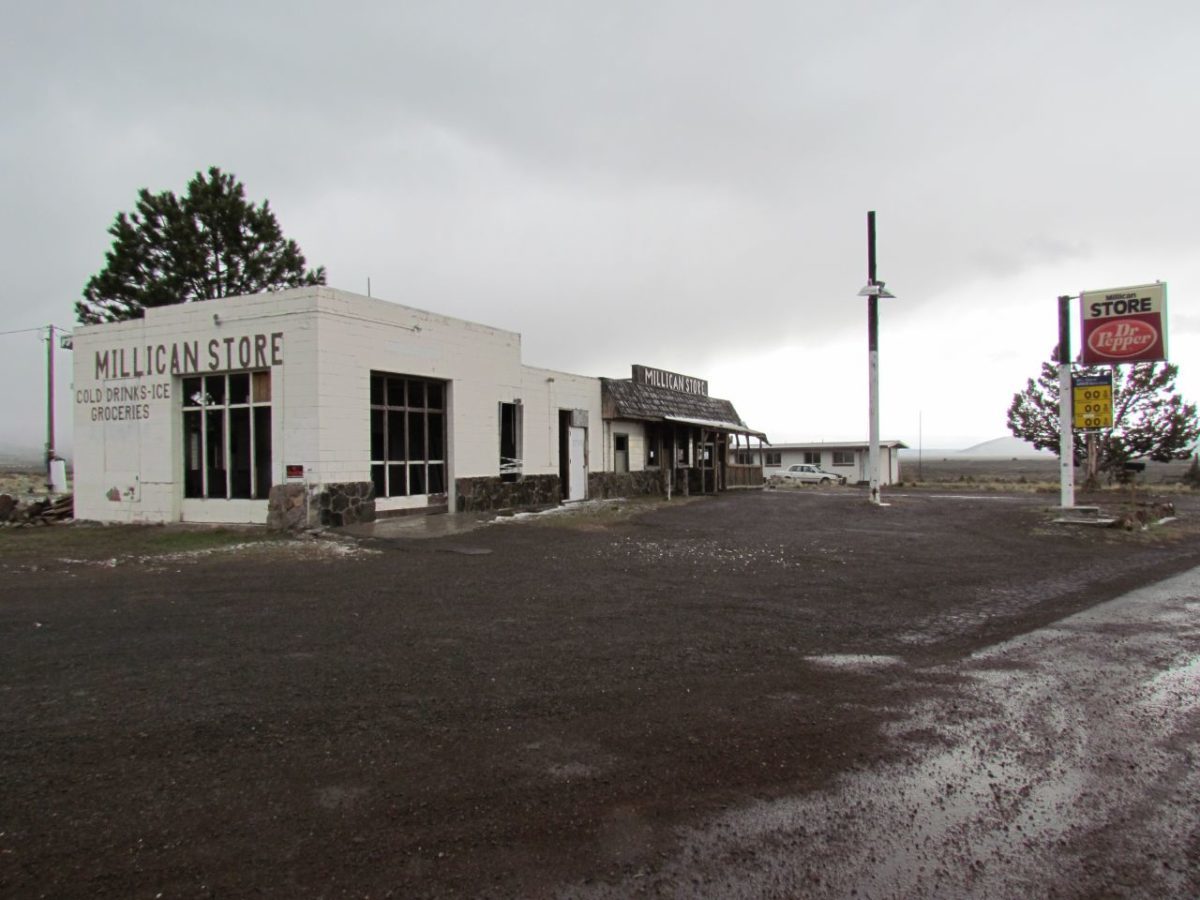Pacific Power has announced it is partnering with Facebook for the construction of 437 MW of solar projects in Oregon and Utah. No additional information was provided in a Pacific Power press release on the four projects in Utah, which are likely to serve Facebook’s new Eagle Mountain Data Center, however there is some limited information regarding the two Oregon projects, which were the subject of a public announcement featuring Oregon Governor Kate Brown (D).
And here, the role of Pacific Power becomes more clear. In the case of Oregon, the utility’s position is to act as a middle man between Facebook and developer Invenergy, which is building two projects totaling 100 MW to serve the social media giant’s latest data center in Prineville, northeast of Bend in sunny Eastern Oregon.
Invenergy declined to provide any additional information to pv magazine on these projects, even their location, but the name of one of the plants – Millican – gives a clue. Millican is a semi-abandoned town (population:4?) on a desolate stretch of Highway 20, a road that the author once drove for about 100 miles without finding a gas station. Sunlight is the one thing that the town has ample amounts of, besides sagebrush, juniper and pine trees, and on Highway 20 wild horses outnumber human residents.
Invenergy has stated that it expects to have the 55 MW Prineville and 45 MW Millican plants online in late 2020. When complete, Facebook expects this data center to be 100% powered by renewable energy.
Read the full article on pv magazine USA.
This content is protected by copyright and may not be reused. If you want to cooperate with us and would like to reuse some of our content, please contact: editors@pv-magazine.com.



2 comments
By submitting this form you agree to pv magazine using your data for the purposes of publishing your comment.
Your personal data will only be disclosed or otherwise transmitted to third parties for the purposes of spam filtering or if this is necessary for technical maintenance of the website. Any other transfer to third parties will not take place unless this is justified on the basis of applicable data protection regulations or if pv magazine is legally obliged to do so.
You may revoke this consent at any time with effect for the future, in which case your personal data will be deleted immediately. Otherwise, your data will be deleted if pv magazine has processed your request or the purpose of data storage is fulfilled.
Further information on data privacy can be found in our Data Protection Policy.